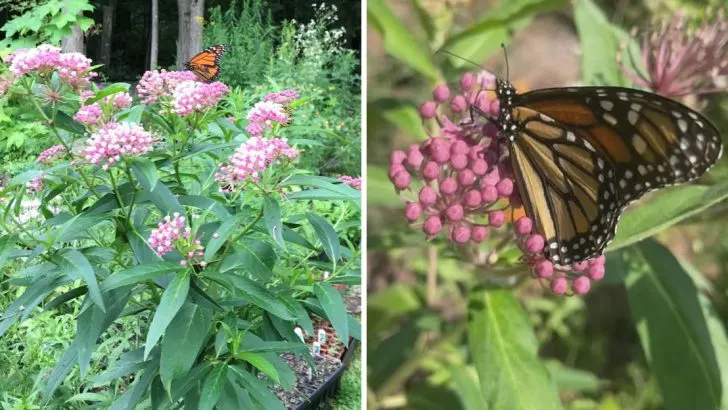Milkweed is known as a butterfly magnet, especially for monarchs, but even this beloved plant isn’t without its challenges.
If your garden isn’t buzzing with winged visitors like you’d hoped, milkweed might not be as trouble-free as it seems.
From pests to improper care, there are a few common issues that could be turning butterflies away without you even realizing it.
These six milkweed problems aren’t always obvious but can have a big impact on attracting butterflies. Luckily, most of them are easy to fix once you know what to look for.
With a few adjustments, your milkweed can become the butterfly haven you’ve always wanted.
Overcrowded Plantings
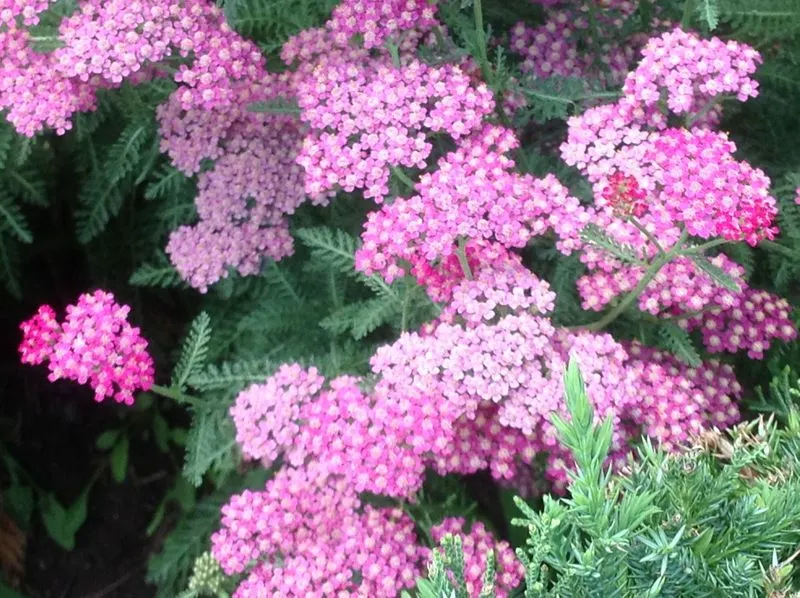
While it might be tempting to plant milkweed densely, this can actually deter butterflies. Overcrowding leads to competition for sunlight and nutrients, weakening plants.
Weak plants are less attractive to butterflies.
Giving each milkweed plant ample space ensures robust growth, making them more appealing to these winged visitors.
Consider spacing guidelines specific to your milkweed variety to optimize growth conditions and attract more butterflies.
Pesticide Use
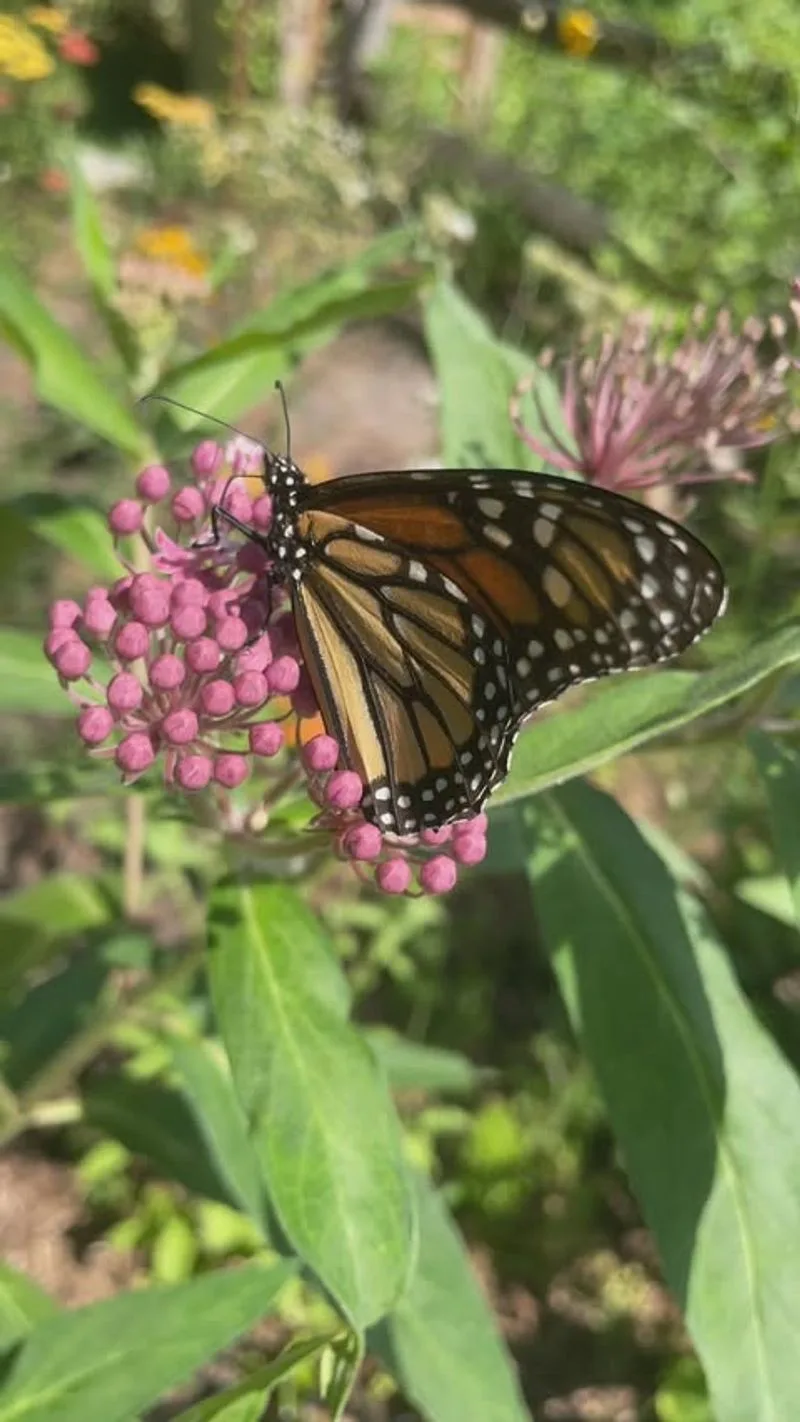
The application of pesticides near milkweed can spell disaster for butterflies. Even minimal exposure affects caterpillars and adult butterflies.
Opt for organic pest control methods or manual removal of pests to protect both the plant and its visitors.
Creating a chemical-free zone around milkweed ensures a safer environment for all stages of butterfly development.
Wrong Milkweed Variety
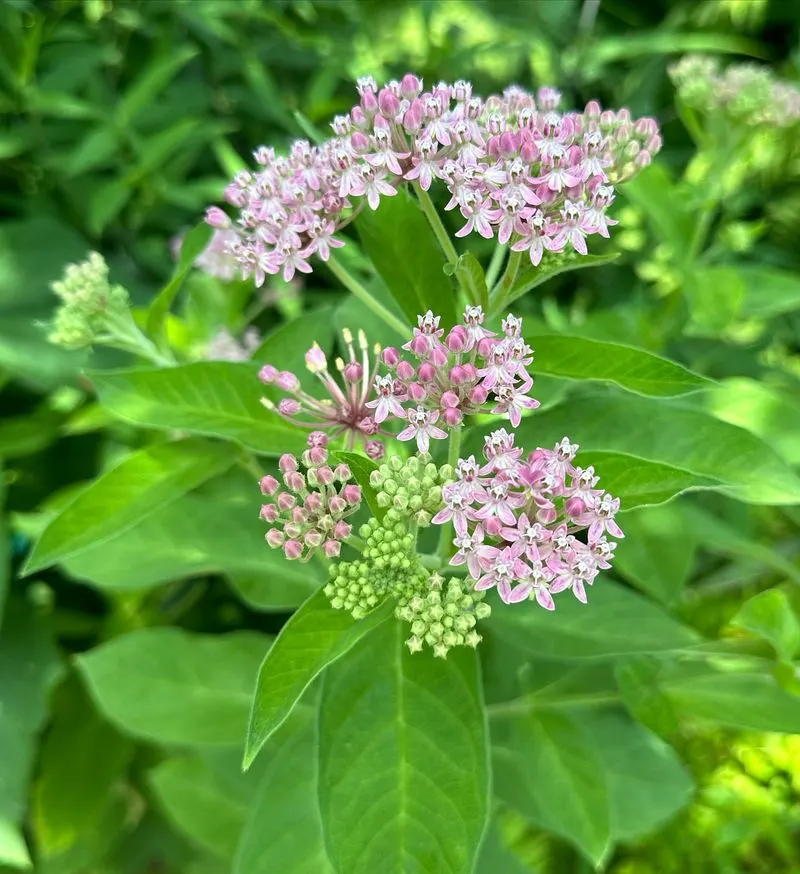
Planting the wrong variety of milkweed can be uninviting to local butterflies. Native species are more likely to attract indigenous butterflies.
Researching and selecting the right milkweed variety for your region is crucial in creating an inviting habitat.
Adapting your plant choices to the local ecosystem supports not only butterflies but other wildlife as well.
Poor Soil Conditions
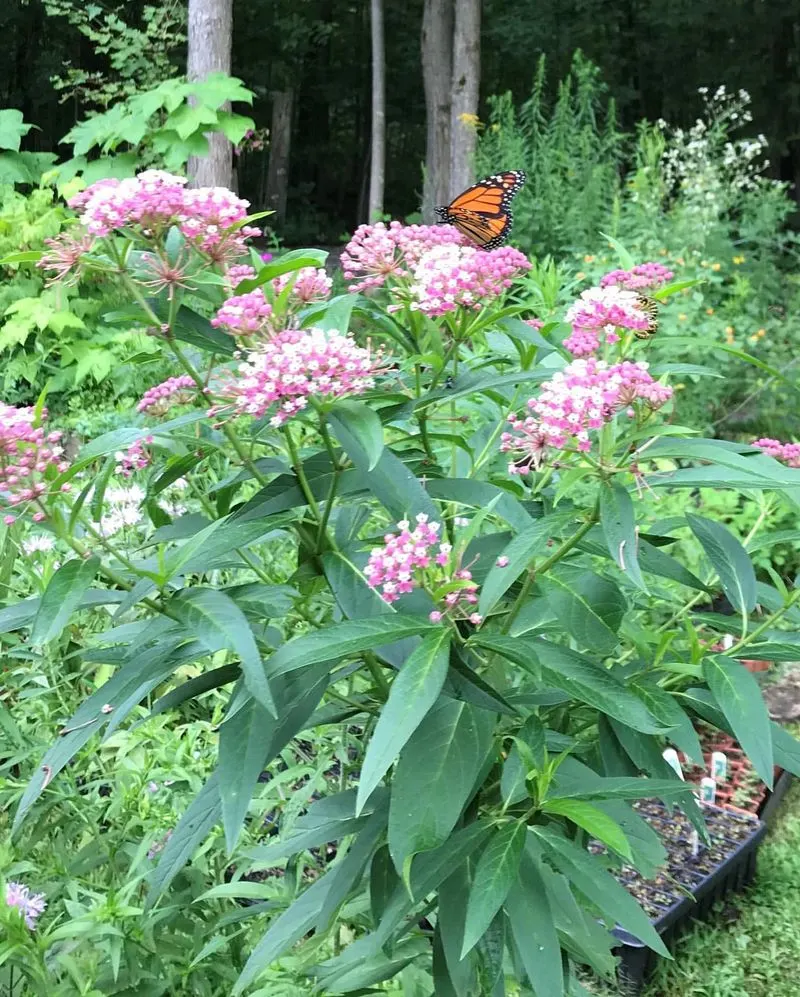
Milkweed requires well-drained, nutrient-rich soil to thrive. Poor soil conditions can lead to unhealthy plants that don’t attract butterflies.
Regularly testing and amending the soil with organic matter can enhance growth conditions.
It’s important to address soil issues early to maintain vigorous milkweed that appeals to butterflies.
Lack of Sunlight
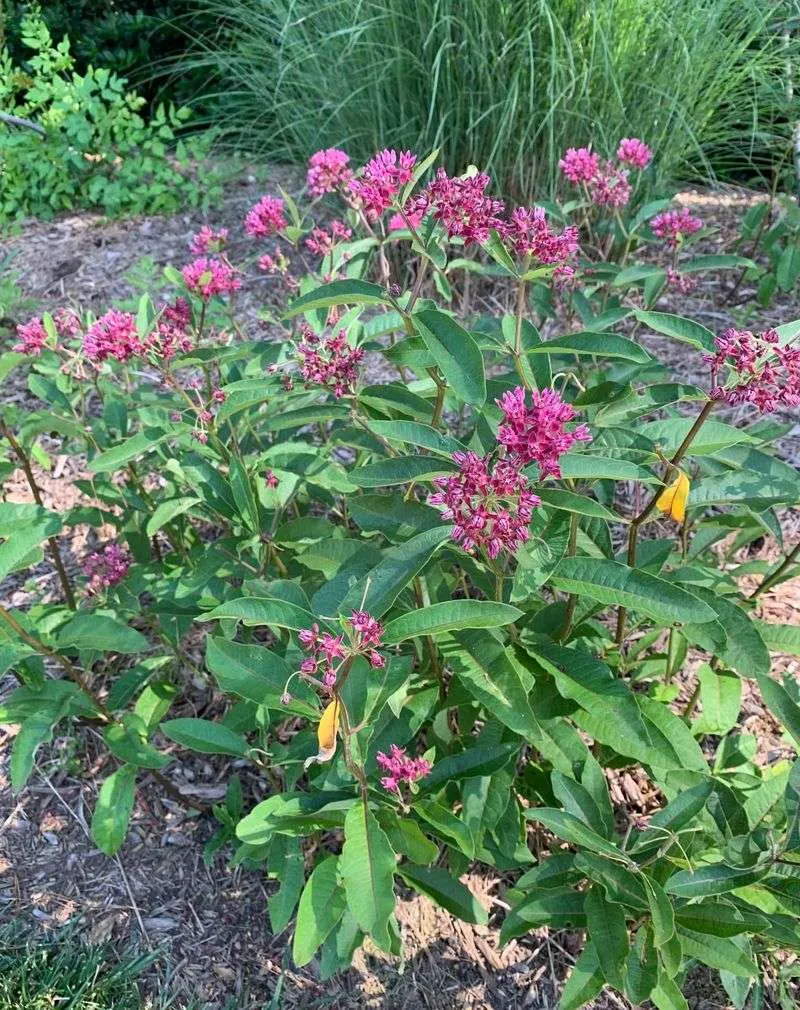
Sunlight is critical for milkweed health and attractiveness to butterflies. Without adequate light, plants may become weak and less appealing.
Position milkweed in areas where they’ll receive full sun throughout the day for optimal growth.
Ensuring proper light conditions can greatly increase butterfly visits to your garden.
Excessive Pruning
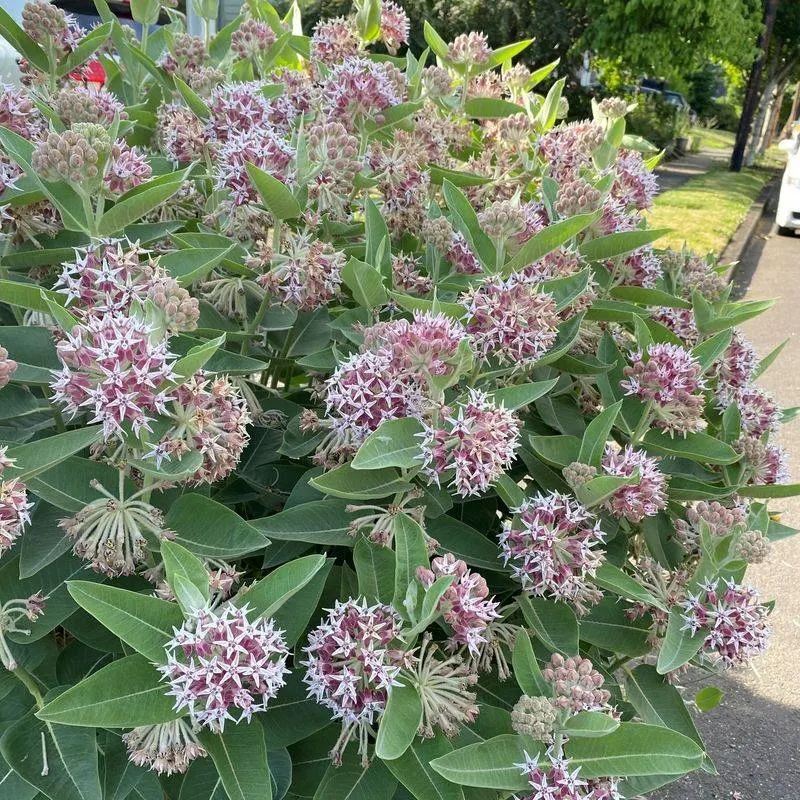
Pruning milkweed too aggressively can reduce its appeal to butterflies by limiting flower production.
Moderate pruning encourages healthy growth without compromising the plant’s natural structure.
Finding the right balance in maintenance can make a big difference in attracting butterflies.

